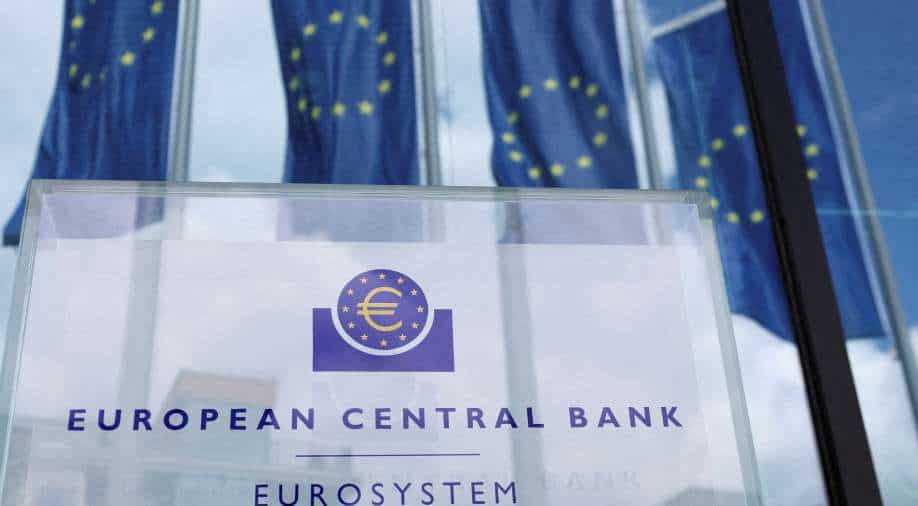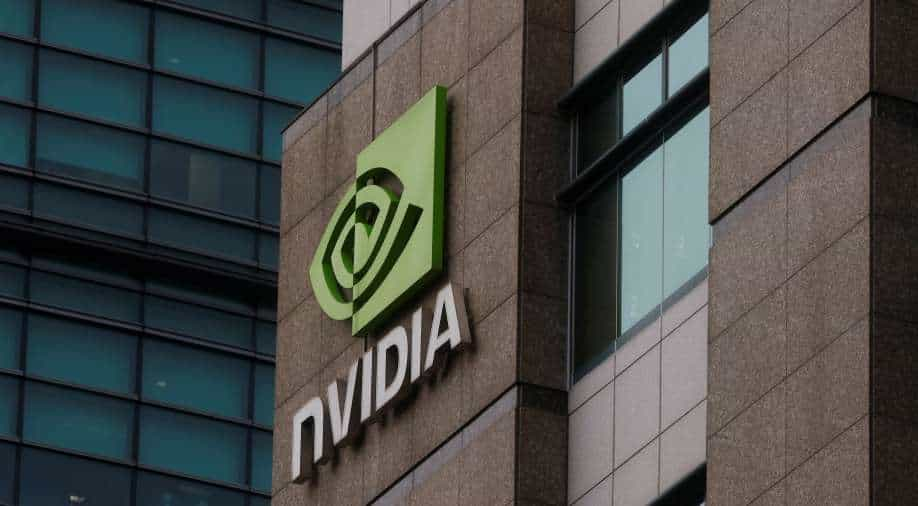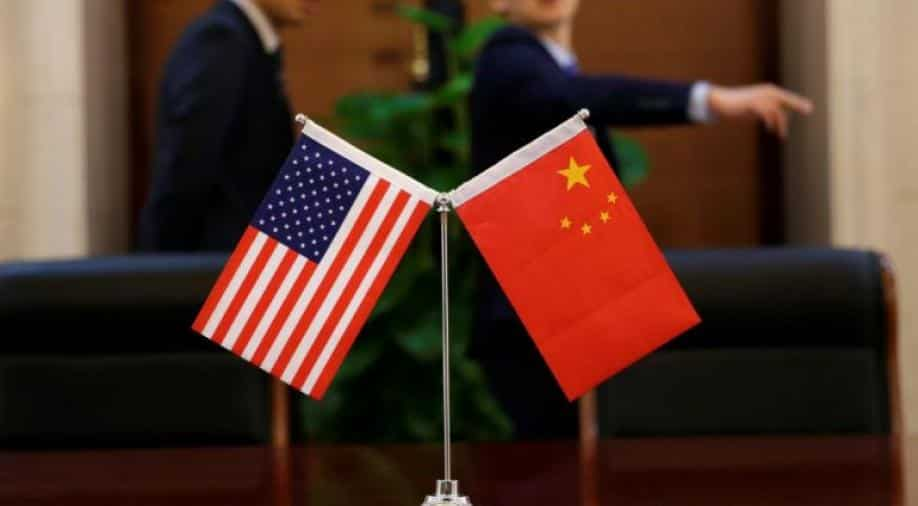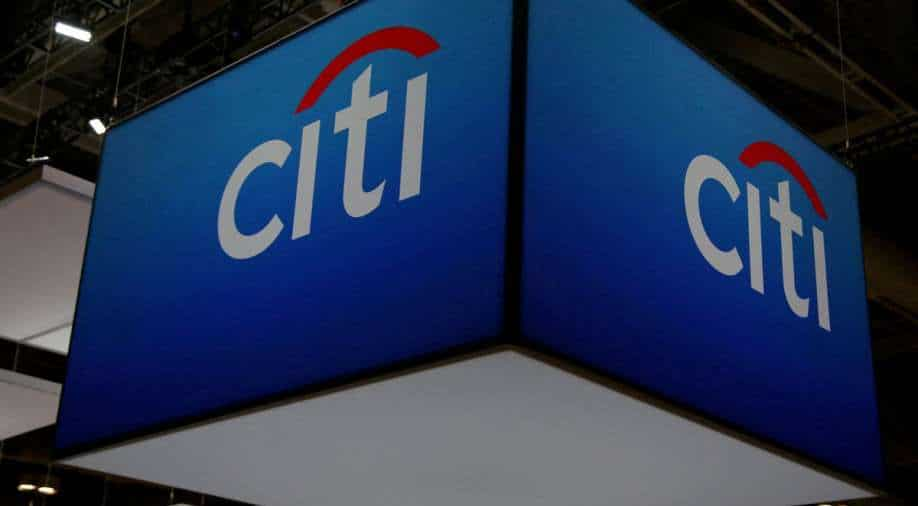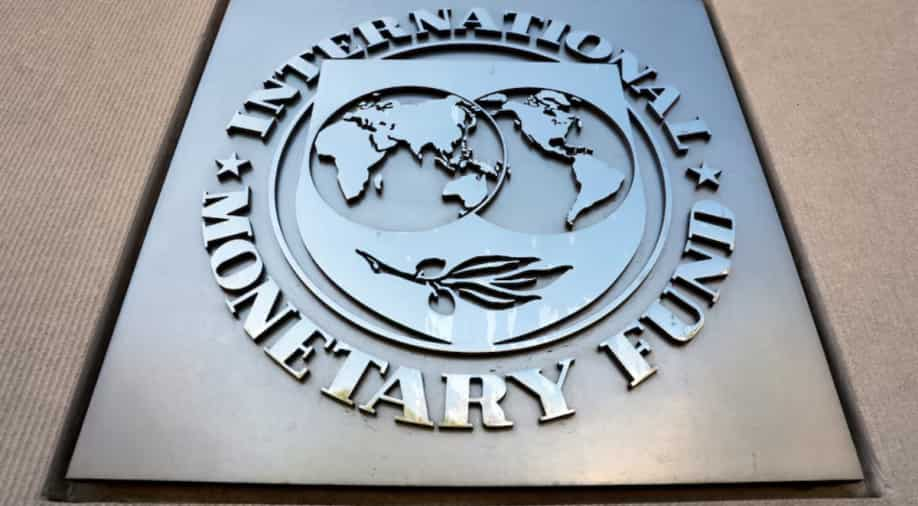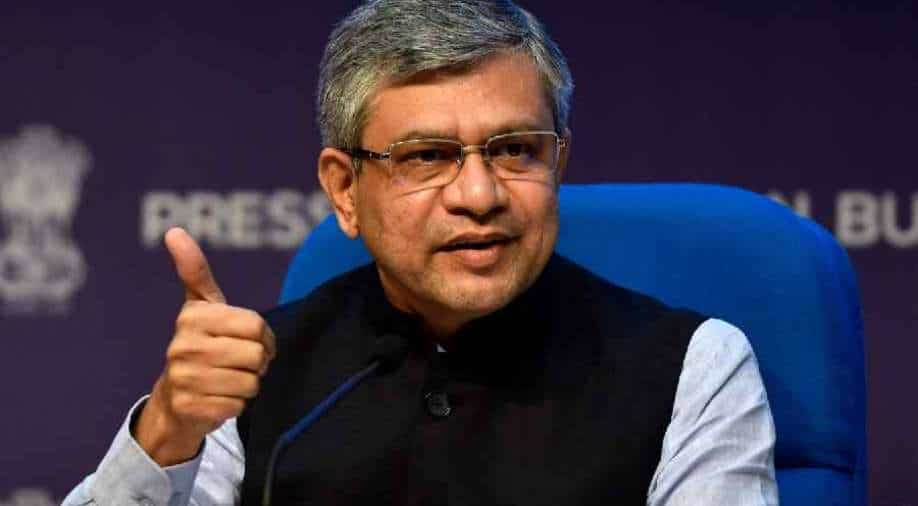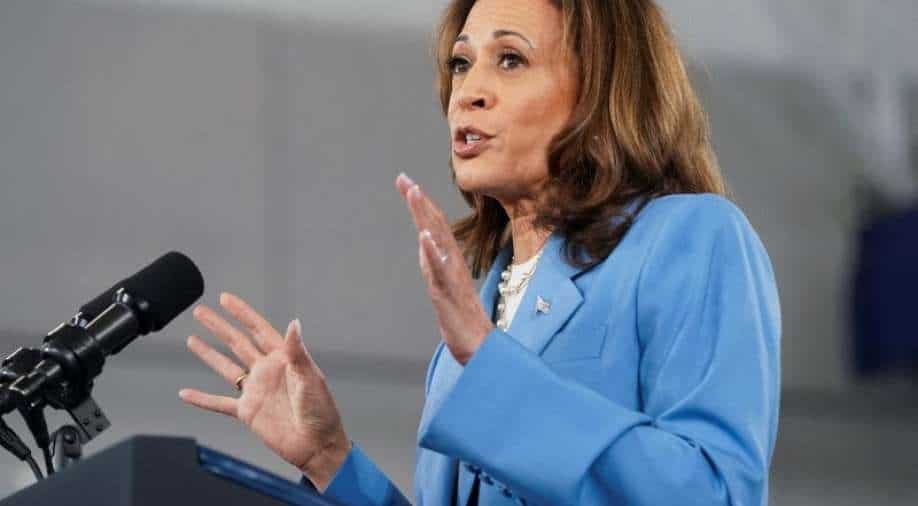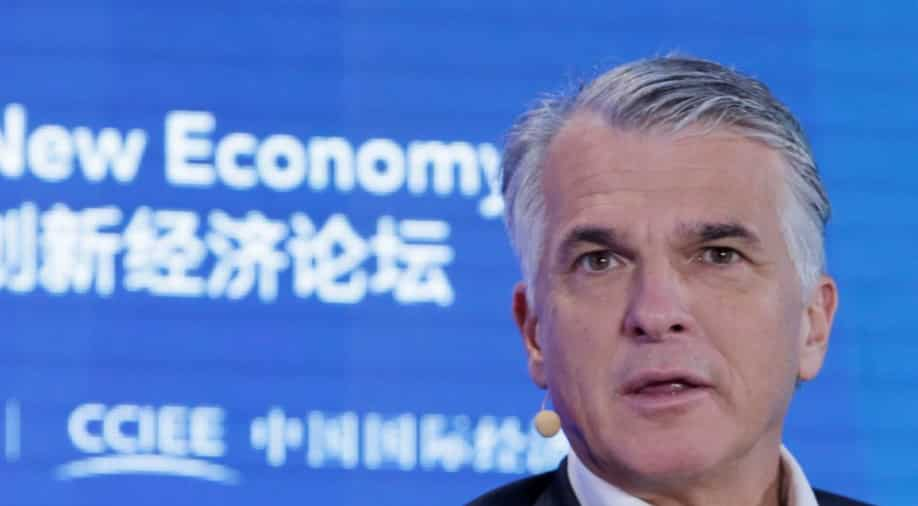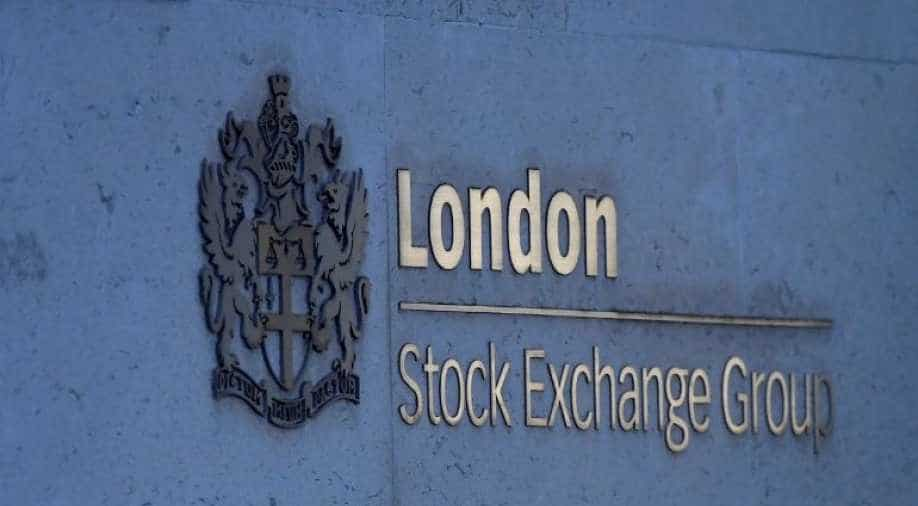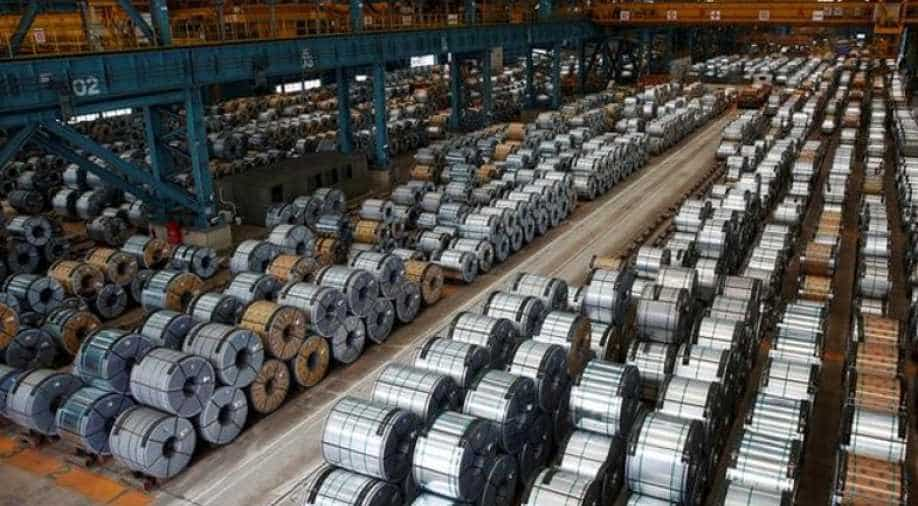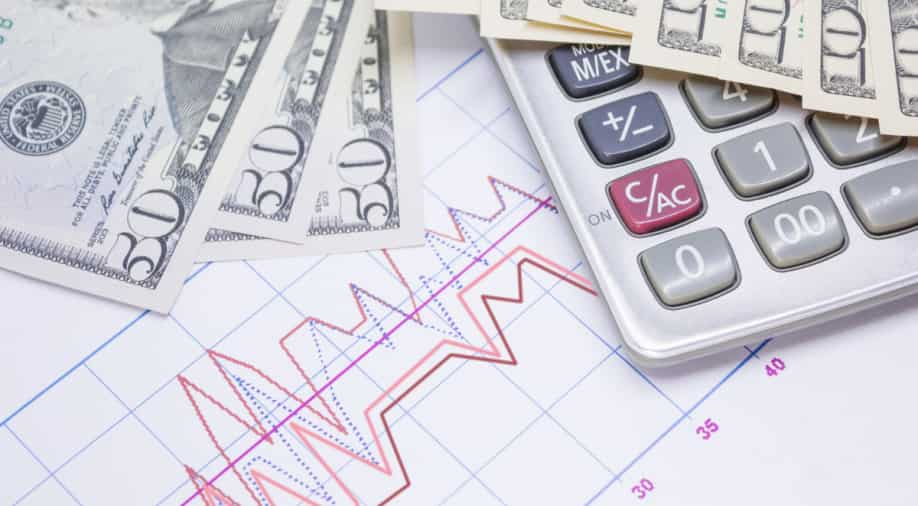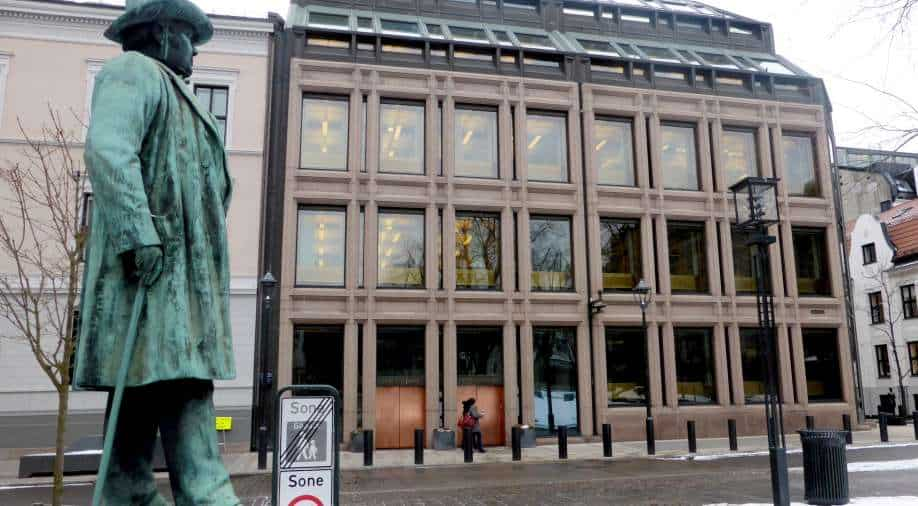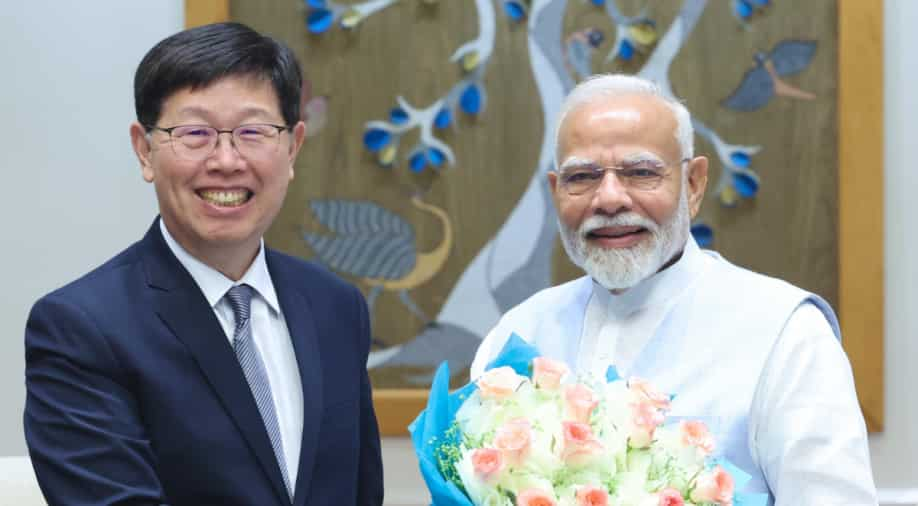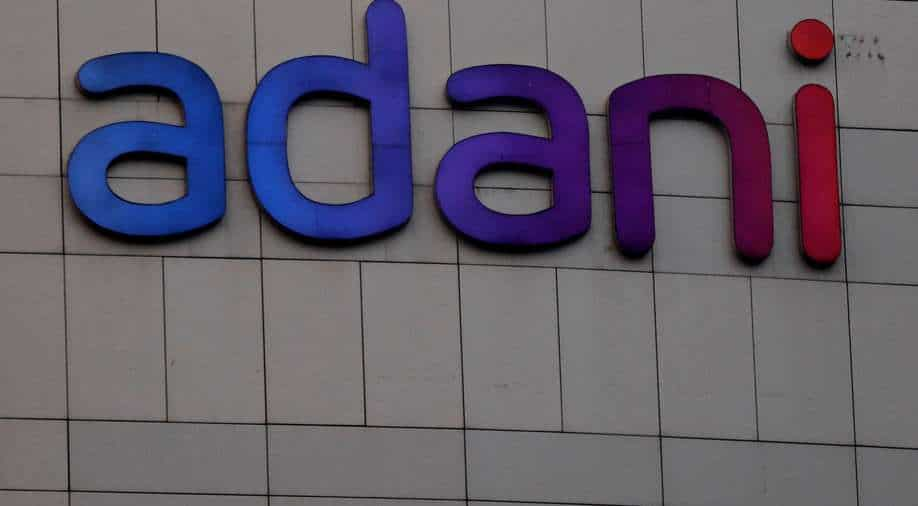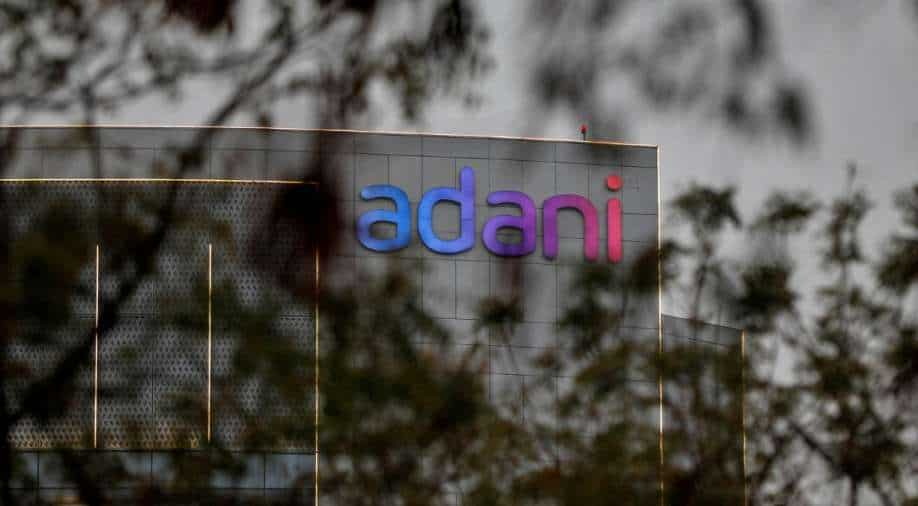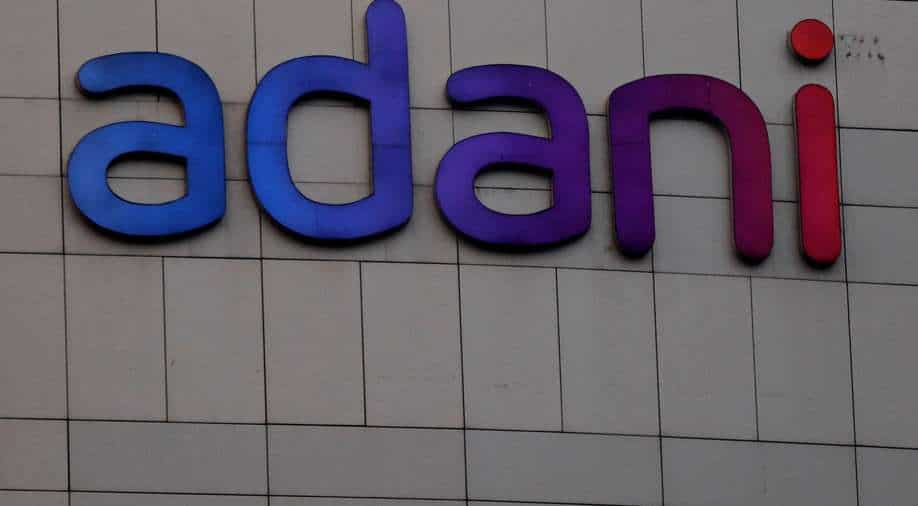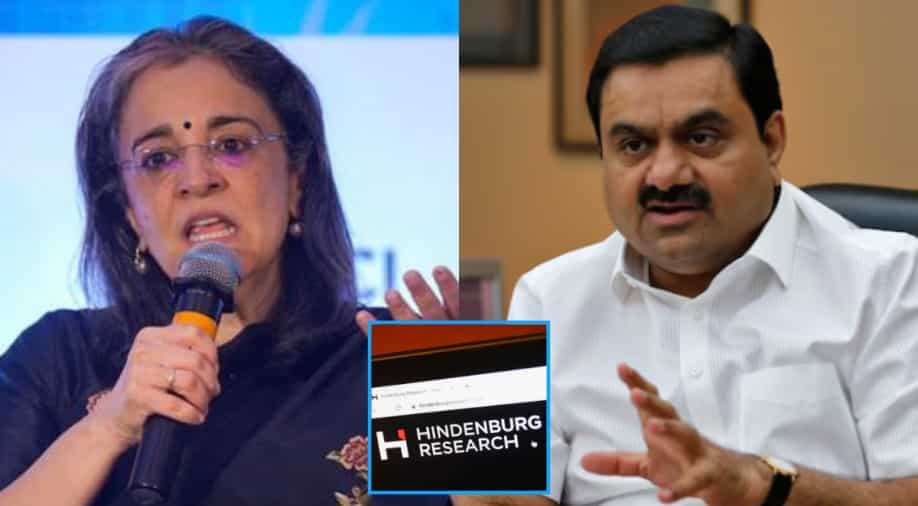Imagine you find out the mechanic who has been working on your vehicle for a long time knows very little about how the engine operates. You felt they were pulling it off brilliantly. Imagine you find out the mechanic who has been working on your vehicle for a long time knows very little about how the engine operates. You felt they were pulling it off brilliantly. Actually, it was merely a matter of luck. That is similar to what's been happening at central banks. The world's central banks, essentially repair shops for inflation, have seen something similar. Over the past three decades, the federal reserve, the Bank of England, and the European central bank have all worked to keep inflation low and steady. In exchange, policymakers received many accolades for using their expertise and discretion for the common good. A less favourable picture of the money mandarins has emerged due to the post-pandemic price surge. Not one central bank anticipated the inflationary surge. "Transitory" was the word they used for the price spike post the pandemic. After it showed no signs of moving, in a knee-jerk reaction, they unleashed a storm of interest rate hikes that would trigger a significant economic downturn. This has the potential to turn into a financial catastrophe. These setback costs are real. Inflation taxed people's purchasing power, causing their living standards to decline globally. US fed chair Jerome Powell and his peers at other major central banks are prepared to declare "mission accomplished" and proceed now that inflation is finally slouching towards target. However, they need to figure out what went wrong and look at ways to prevent it from happening again. More importantly, they need to take accountability as they are an independent block. Independent central banks are free to pursue price stability without interference from politicians. Reason Politicians can misuse such a tool as an incentive to boost growth in the run-up to elections. Because of this, they make hasty judgements that lead to higher and more unpredictable pricing, such as lowering rates when they should be raising them. The 1990s marked the birth of independent central banks. Independence stands to reason that monetary officials would have some idea of what triggers inflation. Their inability to foresee an almost 10 per cent surge in prices between 2021 and 2022 implies that they are unable to. The other real question is: do central banks have the right tools to do the job? For now, independence without accountability is weighing on common people more than ever. None
Popular Tags:
Share This Post:

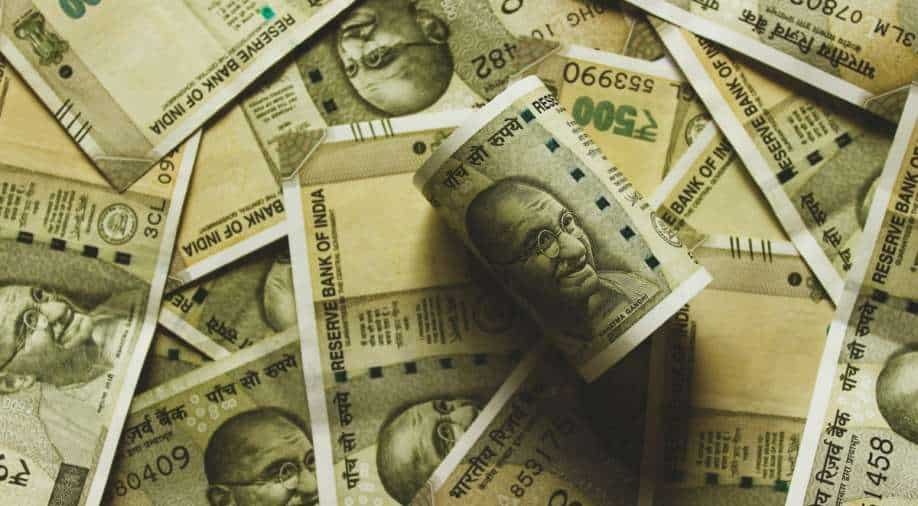
Foreign investors inject Rs 11,366 crore into Indian debt; 2024 inflows surpass Rs 1 lakh crore
August 27, 2024What’s New
Spotlight
Today’s Hot
-
- August 25, 2024
-
- August 25, 2024
-
- August 25, 2024
Featured News
Latest From This Week
Ola Electric Q1 results: Net loss widens, revenue climbs 32%
BUSINESS-ECONOMY
- by Sarkai Info
- August 15, 2024
Norway's sovereign wealth fund achieves $138 billion profit in 2024, boosted by AI surge
BUSINESS-ECONOMY
- by Sarkai Info
- August 15, 2024
PM Modi shows Foxconn chairman India's 'wonderful opportunities' after hiring malpractice report
BUSINESS-ECONOMY
- by Sarkai Info
- August 14, 2024
Subscribe To Our Newsletter
No spam, notifications only about new products, updates.

